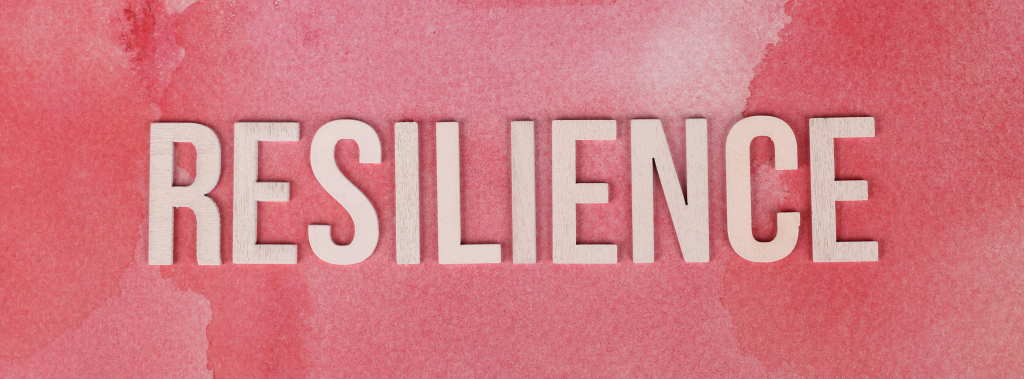How Leaders Make Failure Their Friend

What’s your definition of the word “failure”?
For some people, failure is a mistake. For others, failure is missing a set goal. For others, failure is a constant state of being, a way of thinking about themselves and the world.
Leaders see failure differently.
J. Wallace Hamilton wrote, “The increase in [self-sabotaging behaviors] is evidence that many people are training for success when they should be training for failure. Failure is far more common than success; poverty is more prevalent than wealth; and disappointment more normal than arrival.”
What’s Hamilton saying there?
It’s simple: when you’re a leader, failure is your friend. In leadership, it’s not a question of if you fail, it’s a question of when—and how you respond.
No successful person becomes a success without failure. It’s impossible. There’s no such thing as a life without setbacks, mess-ups, and flat-out face plants. If everything worthwhile is uphill (and it is), it’s inevitable that somewhere along the way your foot is going to slip, or the ground is going to shift beneath you, no matter how careful you are with your steps.
So, how do you make failure your friend?
It’s like any other friendship: you develop the relationship over time and with intentionality. Failure is part of the leader’s process and being intentional with that process helps ensure a good return. Here are three quick thoughts on this idea.
1. YOU GET COMFORTABLE WITH FAILURE.
I grew up on the opposite end of this spectrum. I feared failure. I remember vividly my first class in college, when the professor stood up and said, “Half of you in this room will not pass this class.” I was immediately seized with fear! I’d never failed a class before, and I certainly didn’t want to start with my very first college course, so I began asking myself, What does the professor want? I spent the rest of that semester not learning anything because I was too busy memorizing everything. Had I been comfortable with the idea of failing, I would’ve approached that class differently and likely learned something beneficial as a result.
2. YOU GET CLEAR ABOUT FAILURE.
I’ve touched on this in the introduction, so I won’t drag the point out here, but having a healthy definition of what failure is strengthens your attitude toward failing. Failure is an essential part of the cycle of success: test, fail, learn, improve, re-enter. Failure is the second step to success!
3. YOU GET PREPARED FOR FAILURE.
Like I’ve said, failure is inevitable, so preparing your response is essential. I love the Cycle of Success because it tells you that the response to failure is to learn, so what will you do to learn from your failure? Make preparations to glean the lessons from your experience—set aside time to reflect, bring materials to help you collect your thoughts, and bring some people alongside you to help you with your thinking. The only thing worse than going through failure alone is reflecting on that failure alone. Bring people around you, give them your positive goal, and let others help you discover new heights.
I’m more than 76 years old, so failure has not only become my friend, it’s become a good friend. We’re well acquainted and will spend a lot of time together in the future. I’m no longer afraid of failure, but I don’t let the specter of failure keep me from doing my best. I’ve developed the right attitude toward failure and that helps me fail forward. It’s a cornerstone of real leadership development.
It’s so critical to your growth, in fact, that I wanted to get this message out in a new and different way. Recently, I’ve been working with a team of songwriters from Nashville to explore leadership through music. Our newest release, “Sometimes You Win, Sometimes You Learn,” was meant to be a reminder of the constructive power of failure. Feel free to give it a listen here.
If you’re leading, you need to make failure your friend because if you make it your enemy, you won’t get very far. If you’ve failed recently, take some time to learn from the experience, and find a way forward. If you’ve not failed recently, take some time to prepare your response for when it shows up!
No matter what, though, keep leading. We need you because we need leaders who know how to take failure and turn it into something positive.
More Articles

3 Ways Growth Gives You Hope

5 Key Traits of Resilient People









Be the first to comment on "How Leaders Make Failure Their Friend"